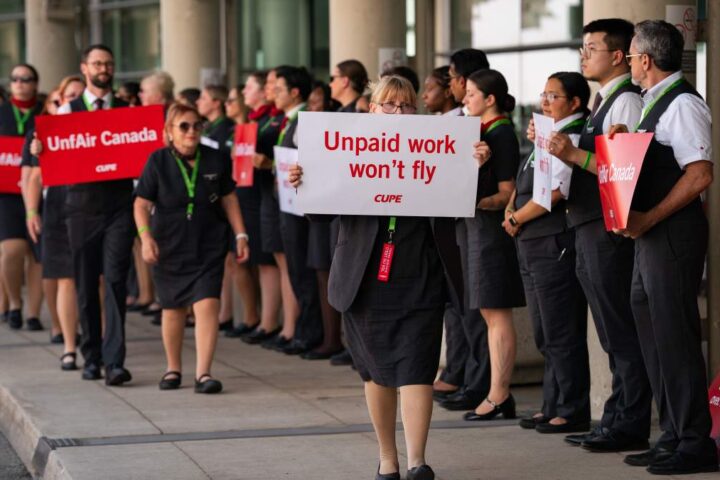Japanese Prime Minister Fumio Kishida’s upcoming meeting with Sri Lanka’s President Ranil Wickremesinghe marks a pivotal moment in Sri Lanka’s endeavors to restructure its debt and rejuvenate its economy following a severe financial crisis. The meeting, scheduled for Thursday, follows a recent appeal by the International Monetary Fund (IMF) for timely restructuring agreements with Sri Lanka’s creditors, recognizing the nation’s improving macroeconomic conditions. This article delves into the significance of the meeting and its potential ramifications on Sri Lanka’s ongoing debt restructuring negotiations and broader economic revival efforts.
Sri Lanka’s Economic Struggles
In recent years, Sri Lanka has confronted a formidable economic landscape. A severe financial crisis has left its economy deeply wounded, with escalating debt levels and a depreciating currency presenting formidable hurdles to effective financial management and economic revitalization. In response, the Sri Lankan government has actively sought support and assistance from international allies to confront its debt burden and lay the groundwork for sustainable recovery.
The Role of Japan
Japan, as a pivotal economic and diplomatic ally of Sri Lanka, holds considerable sway in the debt restructuring process. Prime Minister Fumio Kishida’s meeting with President Ranil Wickremesinghe underscores Japan’s dedication to aiding Sri Lanka’s efforts in economic repair and financial stabilization. With a long history of extending aid and investments to Sri Lanka, Japan emerges as a critical player in the nation’s economic resurgence.
The Significance of Debt Restructuring
Debt restructuring emerges as a crucial instrument in Sri Lanka’s quest to regain fiscal stability and inspire investor confidence. Through renegotiating debt terms, Sri Lanka aims to alleviate repayment burdens, extend maturity dates, and secure more favorable interest rates, thereby fostering financial flexibility for stimulating economic growth, investing in infrastructure, and addressing social and developmental imperatives.
The IMF’s Stance
The IMF’s recent call for prompt restructuring agreements with Sri Lanka’s creditors signals acknowledgment of the nation’s strides in tackling macroeconomic imbalances. This endorsement serves as a vote of confidence in Sri Lanka’s reform commitments and economic revitalization endeavors. International backing, including from Japan, bolsters Sri Lanka’s debt restructuring endeavors and propels positive economic progress.
Potential Implications
The meeting between Prime Minister Kishida and President Wickremesinghe holds promise for several favorable outcomes. It offers a platform for strategic discussions and cooperative mechanisms to streamline Sri Lanka’s debt restructuring process. Moreover, Japan’s continued support, both financially and in technical expertise, can fortify Sri Lanka’s economic recovery initiatives. Additionally, the meeting could foster strengthened bilateral relations, potentially leading to expanded trade, investment, and collaboration across various sectors.
Towards a Robust Future
Sri Lanka’s journey toward economic recovery and debt restructuring necessitates concerted efforts from domestic and international stakeholders alike. The impending meeting between Prime Minister Kishida and President Wickremesinghe signifies a stride forward in this collaborative venture. By addressing Sri Lanka’s debt challenges and bolstering its economic resurgence, Japan and other international allies play pivotal roles in facilitating Sri Lanka’s emergence as a resilient and prosperous nation.















